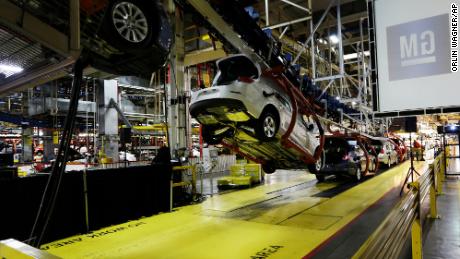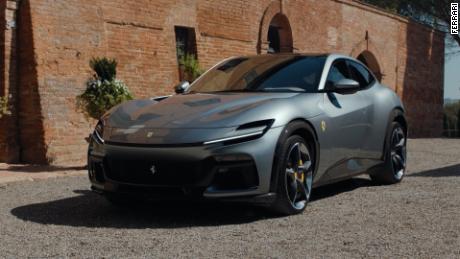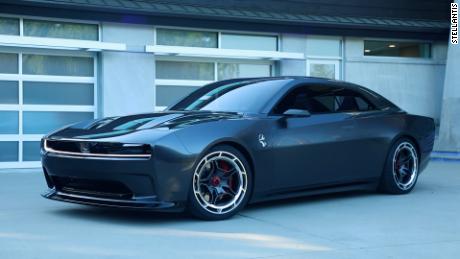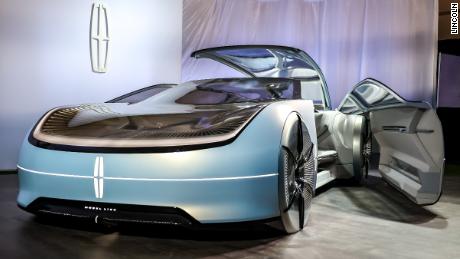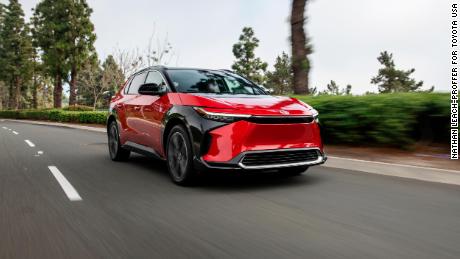New York (CNN Busines)Who would've thunk that General Motors would have a better 2020 than 2019? Despite a pandemic that initially appeared to be a body blow for the auto industry, that's exactly what happened.
Last year, GM and other automakers were hurt by pandemic-fueled temporary plant closures earlier in the year. Those closures, in combination with mass job losses and a shift to working from home, slammed the brakes on auto sales in the spring.
But car sales at both GM and across the industry bounced back sooner than anyone expected. A few factors boosted the demand for cars, including the improving economy, a safety-minded reluctance to use car-hailing services or public transit, and some people moving out of cities.
The bounceback caught GM and its rivals off guard, and they're paying the price. Automakers cut back computer chip orders early last year, and electronics manufacturers, which had strong sales during the pandemic, happily snapped up the excess supply. But when car sales bounced back, it left the industry struggling with a chip shortage.
GM on Tuesday announced the extension of a one-week shutdown at three North American plants. The shutdown was scheduled this week because of the chip shortage, but GM now says it will last through at least mid-March.
GM disclosed Wednesday in its quarterly earnings report that the chip shortage could trim $1.5 billion to $2 billion off its 2021 earnings, even though it expects to maintain production of its best-selling, most profitable vehicles, such as pickups and full-size SUVs.
Shares of GM (GM) fell more than 5% in early trading once it disclosed the cost of the chip shortage. Shares had been up 10% since January 29, when the company announced it hopes to sell only emission-free vehicles by 2035.
Meanwhiie, the company's guidance included an earnings range that suggested earnings for 2021 could drop from 2020 levels. And earnings before special items, like interest and taxes, are expected to be less than Wall Street forecasts.
Last week, GM rival Ford (F) said that its first quarter production would be cut by between 10% to 20% because of chip scarcity. If that extends into the second quarter could cost the company between $1 billion and $2.5 billion in 2021.
GM also reported Wednesday stronger-than-expected fourth-quarter earnings, which helped its full-year 2020 profit to beat 2019's earnings -- despite the pandemic.
The nation's largest automaker earned $2.8 billion in the quarter, excluding special items. That topped Wall Street's forecasts of $2.6 billion. Quarterly revenue rose 22% to $37.5 billion, also beating expectations.
Overall in 2020 the company earned $7.1 billion excluding special items, up from $6.9 billion in 2019, when a six-week strike cost it $2.9 billion.
Those special charges in 2020 included a $1.2 billion charge for fixing airbags made by Takata, and a gain in the value of its investment PSA Group, which merged with rival Fiat Chrysler, as well as a gain on its investment in Lordstown Motors, which plans to use a former GM factory to build electric trucks.
GM ended the year with increased fourth quarter sales in China and the United States, its two largest markets, and global sales were up 4% in the period. That still left full-year sales down 11% compared to last year, to 6.8 million. Like GM, most major automakers also reported a drop in sales.
